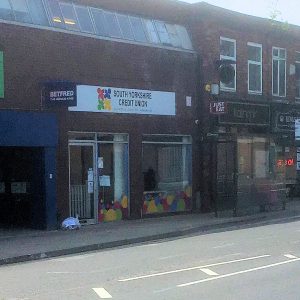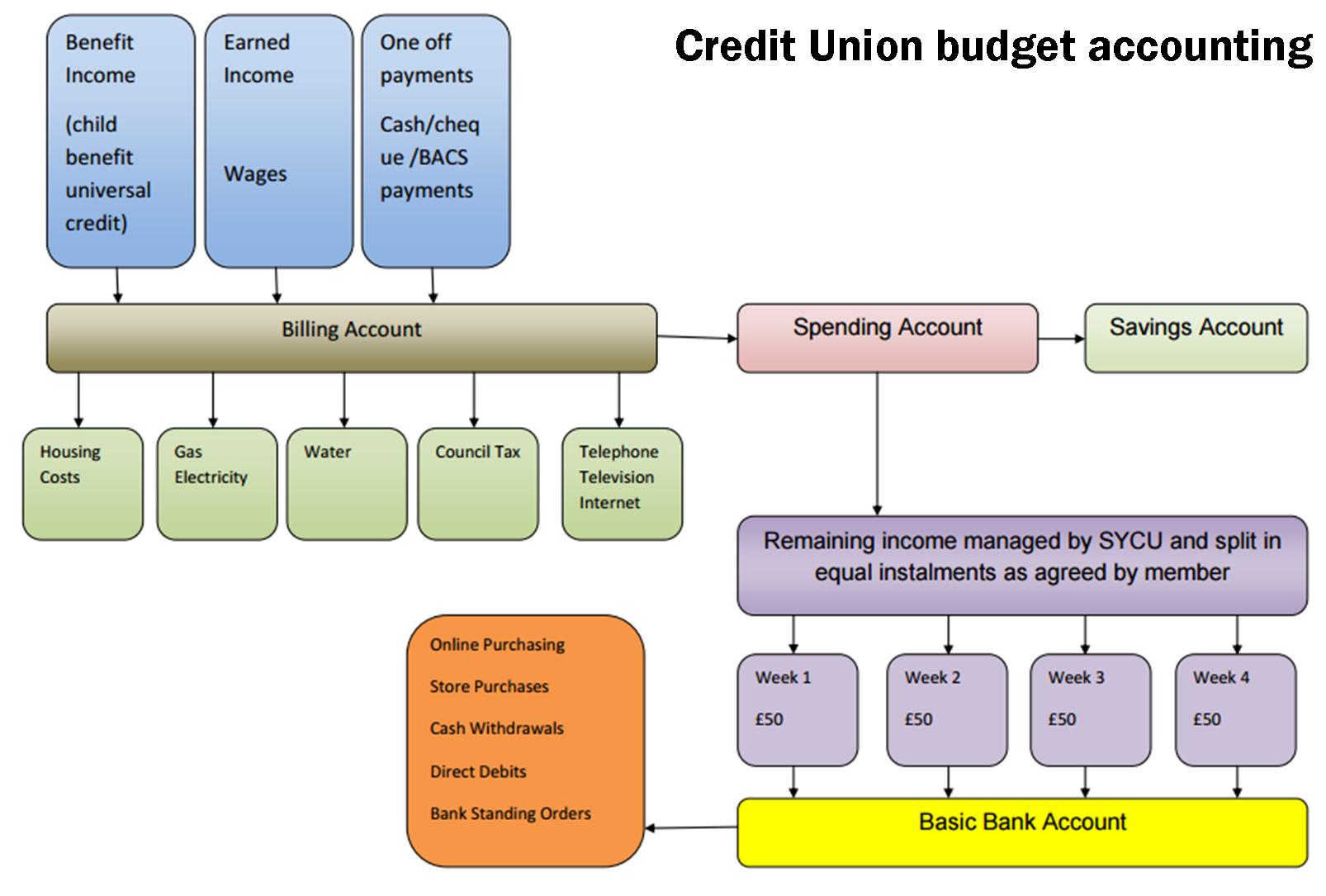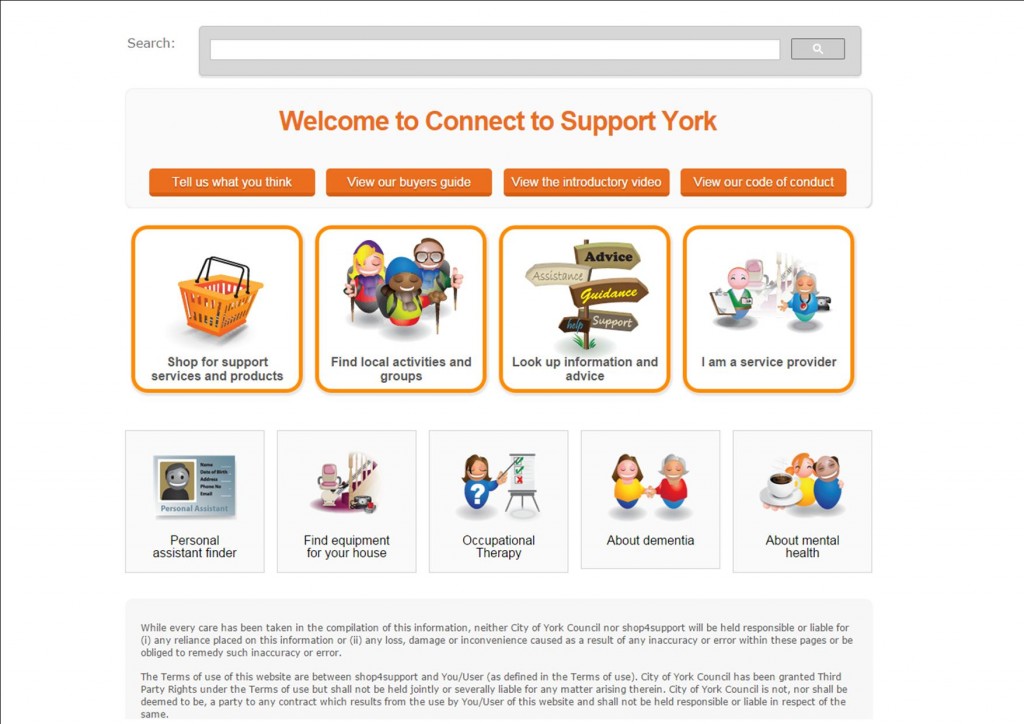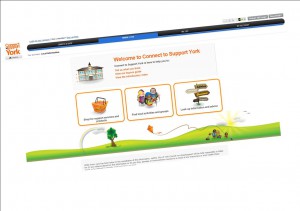It looks like the budget for children’s specialist services at the York Council will be overspent by 25% during the current financial year.
Much of the deficit arises from increased fostering and adoptions although an extra £1.1 million has been spent on placing vulnerable children in accommodation outside the City.
The Looked After Children population had been stable, in the range 190-210 at any one time, for several years.
However, a report being considered next week reveals a big increase in numbers over the last 2 years.
“In October 2018 there were only 4 individual children in care proceedings. As at the end of September 2020 there were 55 sets of proceedings on 93 individual children in place”.
The report goes on to say, “Safeguarding Interventions are predicted to overspend by approximately £1,139k, mainly due to increases in the Court and Child Protection Teams who are dealing with the increase in cases. Legal fees are predicted to overspend by approximately £220k. Children protection numbers, following a recalibration spike, have now returned to national average levels”.
The projected costs of the local Community Hubs, which were set up at the beginning of lockdown (and have transitioned into a new method of working), is £131,000. This will be funded from the Covid 19 emergency budget provided by the government.
It also looks like the home to school transport budget will also overspend by around £2 million.
“The main increase in numbers have been at post 16/19 where because of the city now being able to provide more specialist education provision for this group of students more locally, subsequently we have had to provide more transport to the likes of York College, Askham Bryan, Choose 2 and Blueberry Academy. The changes in legislation to allow Education, Health and Care Plans (EHCPs) to ages 19-25, resulting in significantly more students accessing this option, has significantly increased our transport spend accordingly”.
The overall net overspend is expected to be £2.5 million after cost savings and a £1.1 million investment from COVID support funding are factored in.

 The York Council has agreed to pay some of the fees involved in setting up and running a budget bank account at the Credit Union shop at 8 Acomb Court off York Road (tel.03030 300010) .
The York Council has agreed to pay some of the fees involved in setting up and running a budget bank account at the Credit Union shop at 8 Acomb Court off York Road (tel.03030 300010) .


